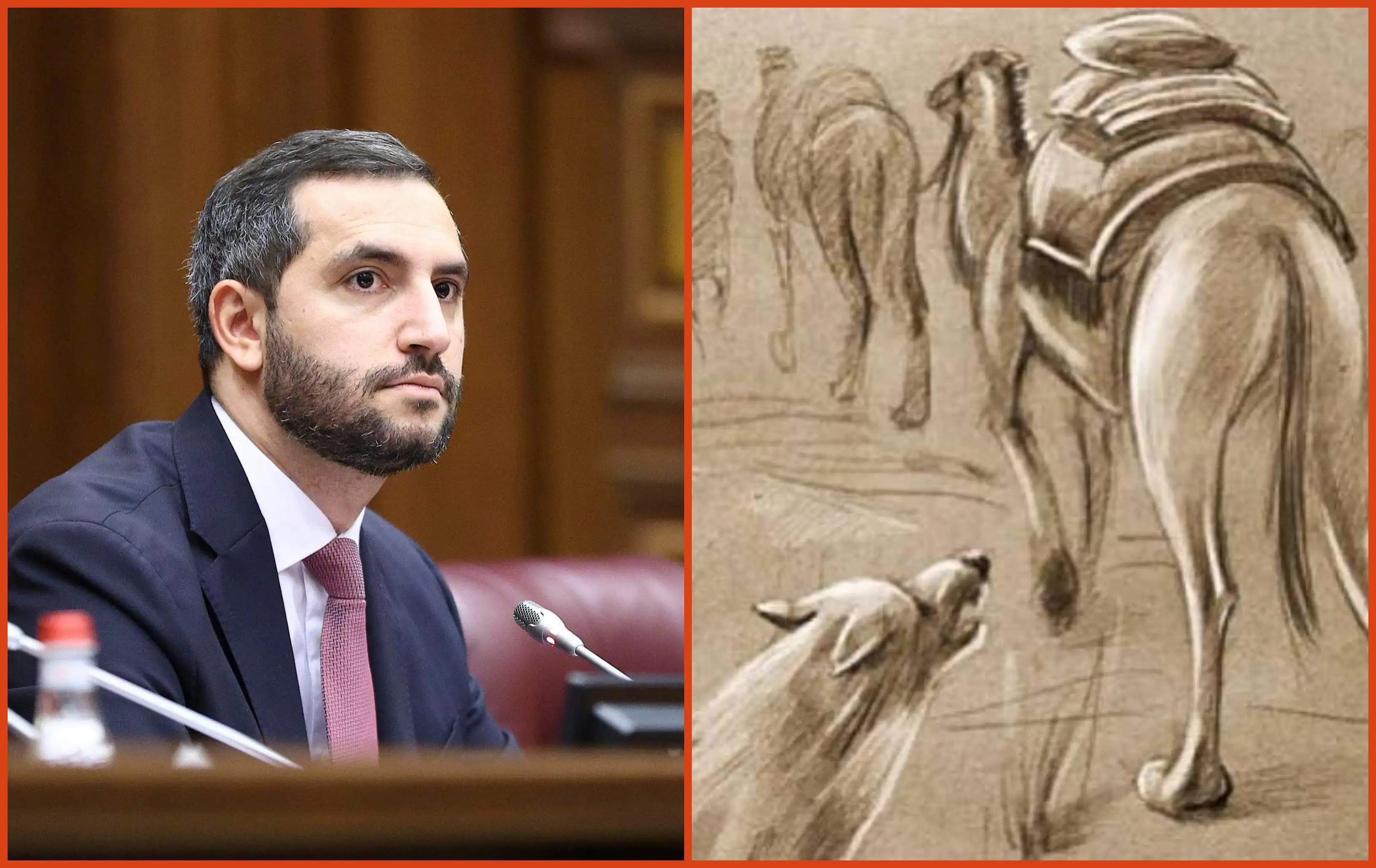The State Department has published its annual report on religious freedoms in about 200 countries, including Armenia. On the part of Armenia, he talks about the tension between the church and the government, problems related to religious minorities, and other issues.
According to the report, Armenia's "Constitution prohibits discrimination based on religion and defines the separation of 'religious organizations' and the state." It recognizes the unique mission of the "Armenian Apostolic Church" (AAC) as a national church "in the spiritual life of the people of Armenia, the development of national culture and the preservation of national identity."
Along with that, the report emphasizes. "Representatives of the government and the Armenian Apostolic Church, including the leader of the Armenian Apostolic Church, Catholicos Garegin II, and Prime Minister Nikol Pashinyan, have made public critical statements to each other regarding the involvement of the Armenian Apostolic Church in the government's activities and politics regarding the Nagorno-Karabakh conflict. »
According to the report, during 2023, the clergy of the Armenian Apostolic Church continued to participate in civil discourse without restrictions, and Catholicos Garegin II continued to call for the resignation of Prime Minister Pashinyan. "After Azerbaijan's military operations in Nagorno-Karabakh on September 19-20 and the removal of almost all ethnic Armenians from Nagorno-Karabakh, the episcopal assembly of the Armenian Apostolic Church stated on October 3, criticizing the attitude of the Armenian government towards the situation," the State Department report stated.
It emphasizes that, despite the objections of the Armenian Apostolic Church, during the 2023 academic year, the authorities gradually removed the course "History of the Armenian Apostolic Church" from the compulsory school curriculum, instead including it in a broader Armenian studies curriculum with appropriate historical content. According to the Ministry of State, this step was welcomed by the representatives of the Yezidi community in Armenia. Their children also had to teach this compulsory course.
The US State Department report notes that the Armenian Constitution "prohibits using fundamental rights and freedoms to incite religious hostility. It states that national minorities can preserve and develop their traditions, religion, language, and culture."
The document mentions the case of Yezidi human rights defender Sashik Sultanyan. Although prosecution of him was dropped in 2022, "the government continued to press charges of 'inciting hostility' against him" without overturning the decision to arrest him.
The report reminds: "The government charged Sultanian in 2021 with allegedly 'inciting national, racial or religious enmity' after he told a journalist that the government was not doing enough to protect the country's Yazidi minority from discrimination."
Speaking of religious minorities, the report also cites the case of Baptist Davit Nazaretyan, who was sentenced by the court to two years in prison for "evading military or alternative service or conscription, despite his numerous requests for alternative civilian service," the report said.
The report of the US State Department also refers to the cases of vandalism of Mordechai Navi, the only Jewish synagogue in Yerevan, in October-November last year. The Ministry of State reminds that the Foreign Ministry of Armenia condemned the incidents, and the Armenian Jewish community described it as "a provocation aimed at turning Jews and Armenians against each other in the interests of Armenia's enemies."
The report also reflects the testimony of the members of the Jehovah's Witnesses religious group, according to which there was verbal and physical violence against the members of this religious group during the past year, as well as attacks on the stands telling about the Jehovah's Witnesses.




















